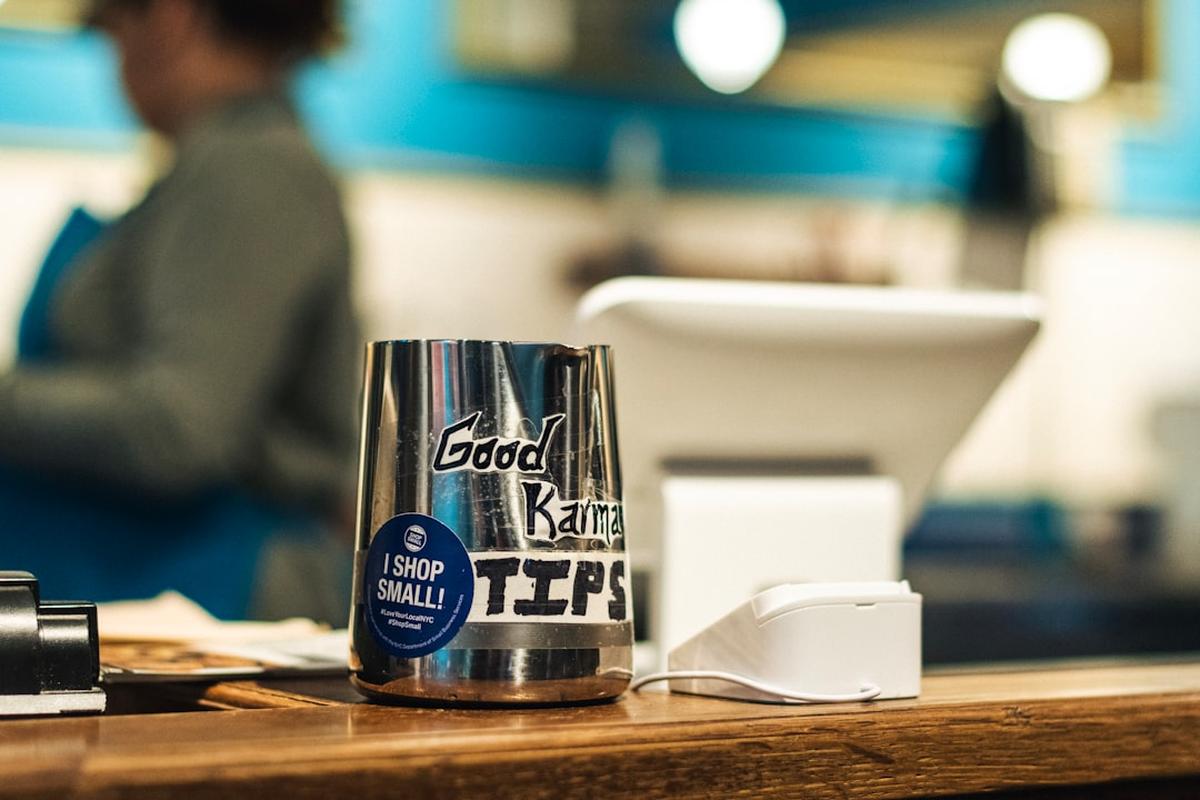I’ve always had a soft spot for nature. As I grew older, this affection transformed into a deep concern for our planet’s health. I realized that if I wanted to make a difference, I needed to start with my own habits, specifically, my lifestyle at home. I embarked on a journey towards sustainable living, which I am eager to share with you.
Sustainable home practices are more than just a trend. They are a necessity, a response to the environmental crisis we face today. By adopting green practices at home, we can significantly reduce our carbon footprint and contribute to the preservation of our planet.
The Downside of Disposable Items
Disposable items are convenient, no doubt about it. But their environmental impact is far from negligible. They end up in landfills, contributing to pollution and waste. When I realized this, I knew I had to make a change.
My journey towards reducing disposable item usage was challenging but rewarding. I started by replacing plastic bags with reusable shopping bags. Then, I swapped disposable razors for a safety razor, and paper towels for cloth napkins. The list goes on.
To avoid disposable items, you need to be prepared. Carry a reusable water bottle, coffee cup, and shopping bags with you. Opt for products with minimal packaging, and don’t shy away from second-hand items.
Reducing Food Waste: A Win-Win Situation
Reducing food waste has both environmental and financial benefits. It lessens the demand for food production, which is a major contributor to deforestation and greenhouse gas emissions. Plus, it saves you money!
My journey towards minimizing food waste at home began with meal planning. I started planning my meals for the week, making a shopping list, and sticking to it. I also learned to store food properly to extend its shelf life, and I started composting kitchen scraps.
To reduce food waste, start by being mindful of your consumption. Plan your meals, use leftovers creatively, and compost whenever possible.
DIY Cleaning Products: Safe, Effective, and Eco-friendly
Commercial cleaning products often contain harmful chemicals that can pollute our waterways. Making my own cleaning products was a game-changer. Not only are they safe and effective, but they’re also eco-friendly.
I started with a simple all-purpose cleaner made from vinegar, water, and essential oils. Then, I experimented with other recipes, like a baking soda scrub for tough stains and a lemon-infused disinfectant.
Making your own cleaning products is easier than you think. Start with simple recipes, and don’t be afraid to experiment.
Cultivating a Sustainable Garden
Sustainable gardening can reduce your carbon footprint, provide you with fresh produce, and even improve your mental health. I started my sustainable garden with a few pots of herbs on my windowsill. Now, I grow a variety of vegetables and flowers.
Starting a sustainable garden doesn’t require a lot of space or expertise. Start small, choose plants that are suitable for your climate, and use organic methods to care for them.
Less Packaging, More Sustainability
Product packaging contributes significantly to waste and pollution. I made a conscious effort to buy products with less packaging, opting for bulk items and loose produce whenever possible.
Choosing products with minimal packaging can be a challenge, especially in conventional supermarkets. Try shopping at farmers’ markets, bulk stores, or online platforms that prioritize sustainability.
Recycling Properly: More Than Just a Bin
Recycling is crucial, but it’s not as simple as throwing everything into a bin. I had to learn what can and can’t be recycled, and how to clean and sort my recyclables properly.
To recycle effectively, educate yourself about your local recycling guidelines. Remember, not everything can be recycled, and contaminated recyclables can do more harm than good.
Taking Meat Off the Menu
The meat industry has a significant environmental impact. Reducing meat in my diet was a big step towards sustainability. I started with Meatless Mondays, and gradually incorporated more plant-based meals into my diet.
Transitioning to a more plant-based diet doesn’t mean you have to give up meat entirely. Start by reducing your meat consumption gradually, and explore the wide variety of delicious plant-based recipes out there.
Buy Less, Buy Better: The Philosophy of Conscious Consumption
Conscious consumption is about buying less and buying better. It’s about choosing quality over quantity, and considering the environmental impact of your purchases.
My transition towards conscious consumption was a process of unlearning and relearning. I had to let go of fast fashion, impulse buys, and the idea that new is always better. Instead, I learned to appreciate the value of well-made, sustainable products.
To adopt a conscious consumption lifestyle, start by assessing your needs versus your wants. Buy second-hand when you can, choose products with a lower environmental impact, and support businesses that prioritize sustainability.
In conclusion
My journey towards sustainable living has been rewarding in ways I never imagined. It has not only reduced my environmental impact but also improved my quality of life. I’ve learned to appreciate the simple things, to be mindful of my consumption, and to make choices that align with my values.
I encourage you to adopt green practices at home. It may seem daunting at first, but every small step counts. Remember, sustainability is not about perfection. It’s about making better choices, one day at a time.
The importance of sustainability in everyday life cannot be overstated. It’s not just about preserving the environment for future generations. It’s about creating a healthier, happier life for ourselves, right here, right now.
Frequently Asked Questions
What is the first step towards sustainable living?
The first step towards sustainable living is awareness. Educate yourself about the environmental impact of your lifestyle and identify areas where you can make changes.
Is it expensive to live sustainably?
Sustainable living can actually save you money in the long run. While some eco-friendly products may be more expensive upfront, they often last longer and save you money over time.
How can I reduce waste at home?
You can reduce waste at home by avoiding disposable items, reducing food waste, making your own cleaning products, buying products with less packaging, and recycling properly.
Do I have to become a vegetarian to live sustainably?
No, you don’t have to become a vegetarian to live sustainably. However, reducing your meat consumption can significantly lower your environmental impact.
What is conscious consumption?
Conscious consumption is about making mindful purchasing decisions. It’s about buying less, buying better, and considering the environmental impact of your purchases.
Can I make a difference by living sustainably?
Absolutely! Every sustainable choice you make contributes to a larger collective impact. Remember, change starts with you.







